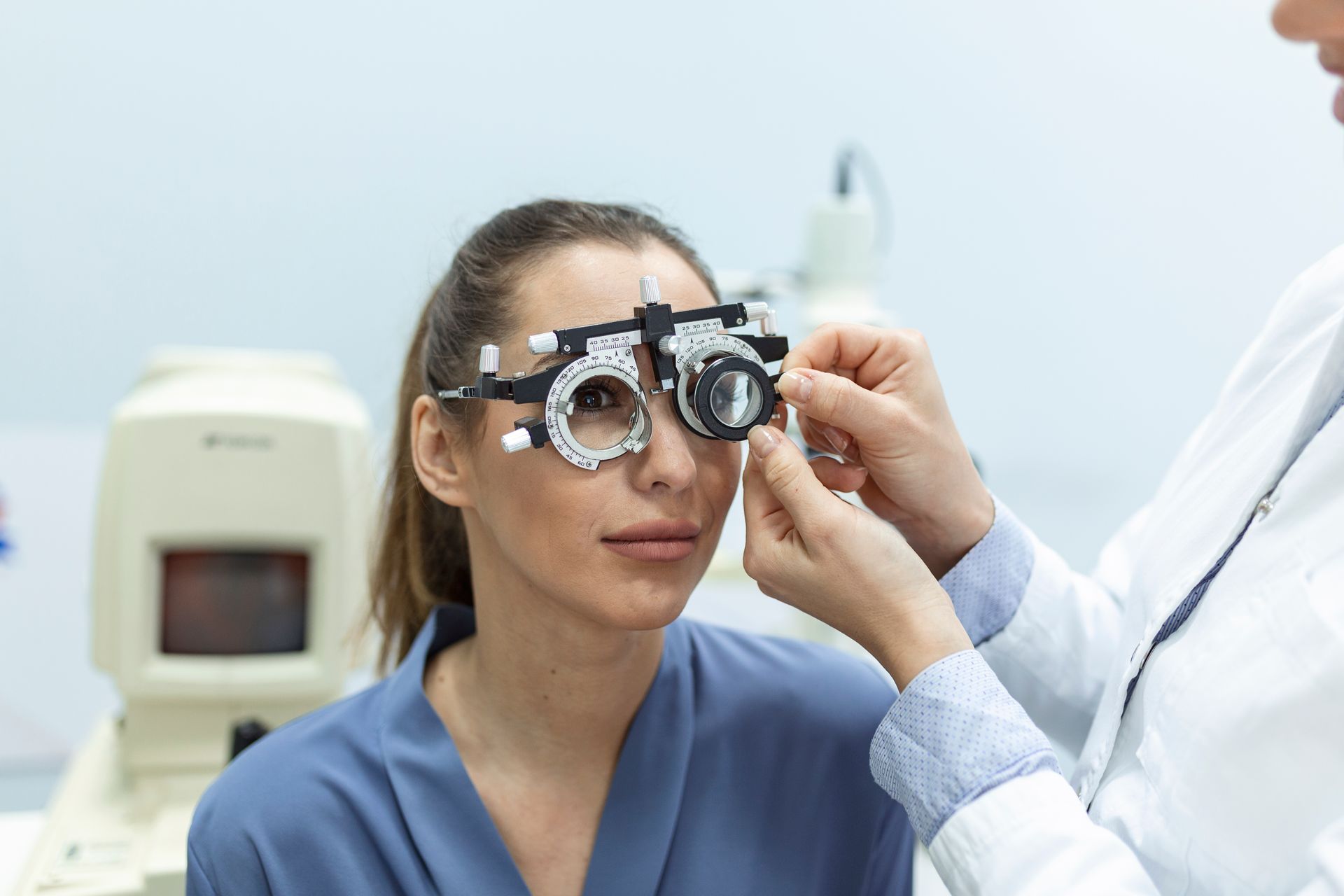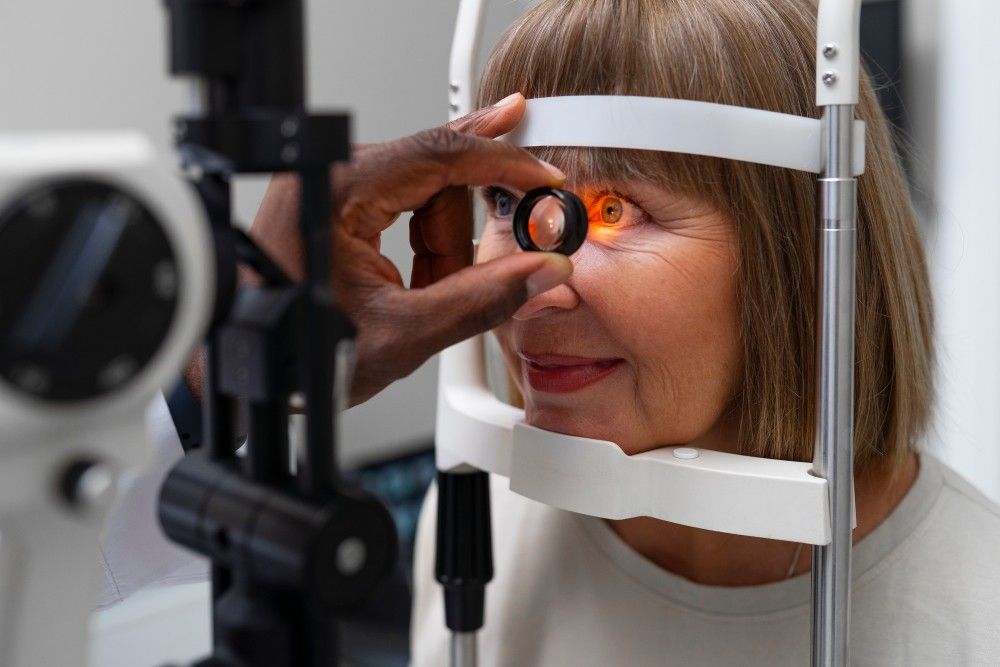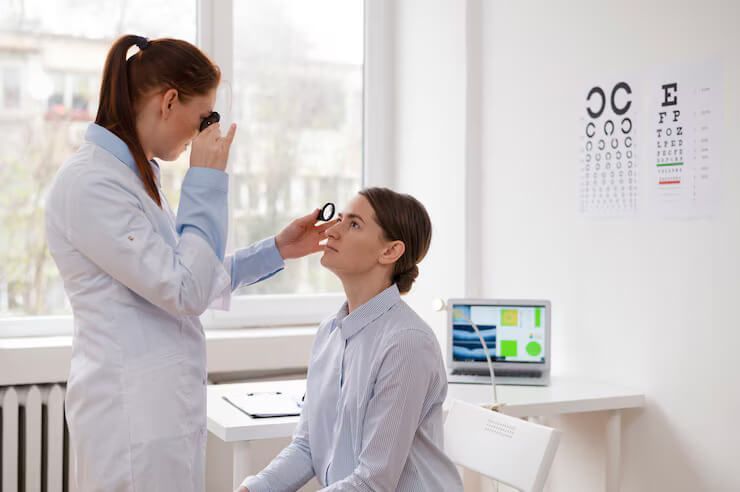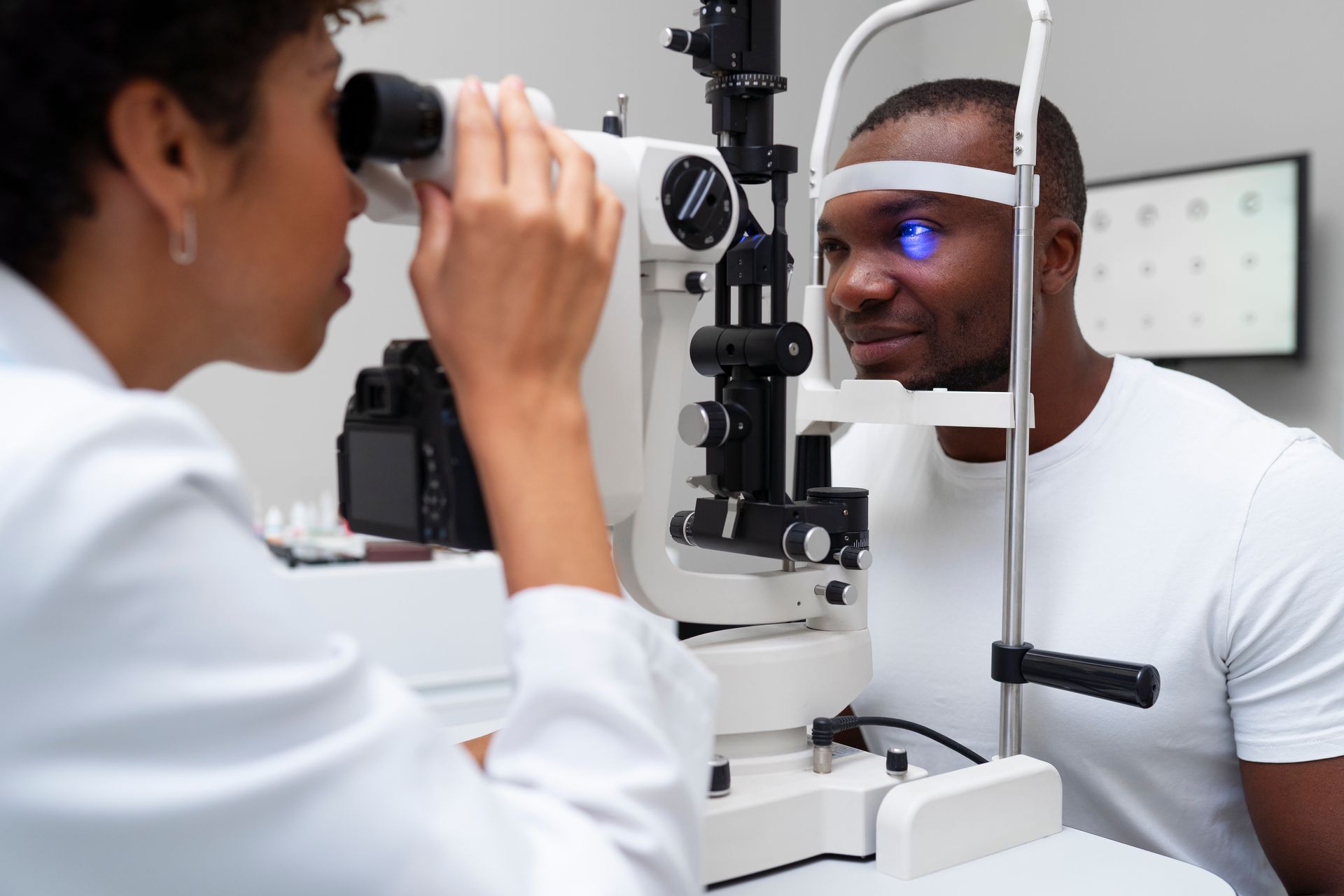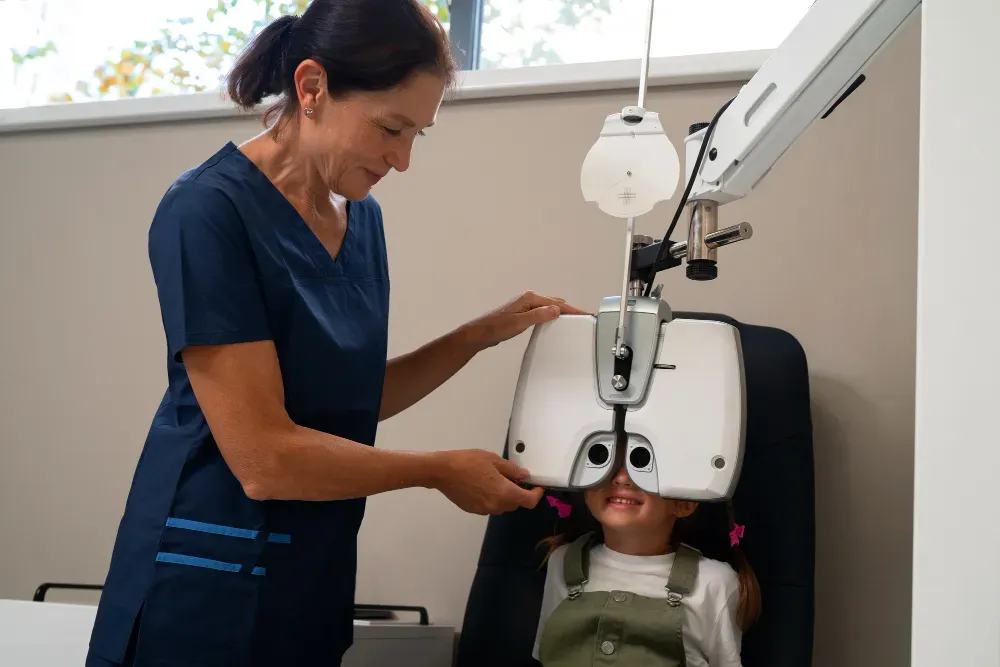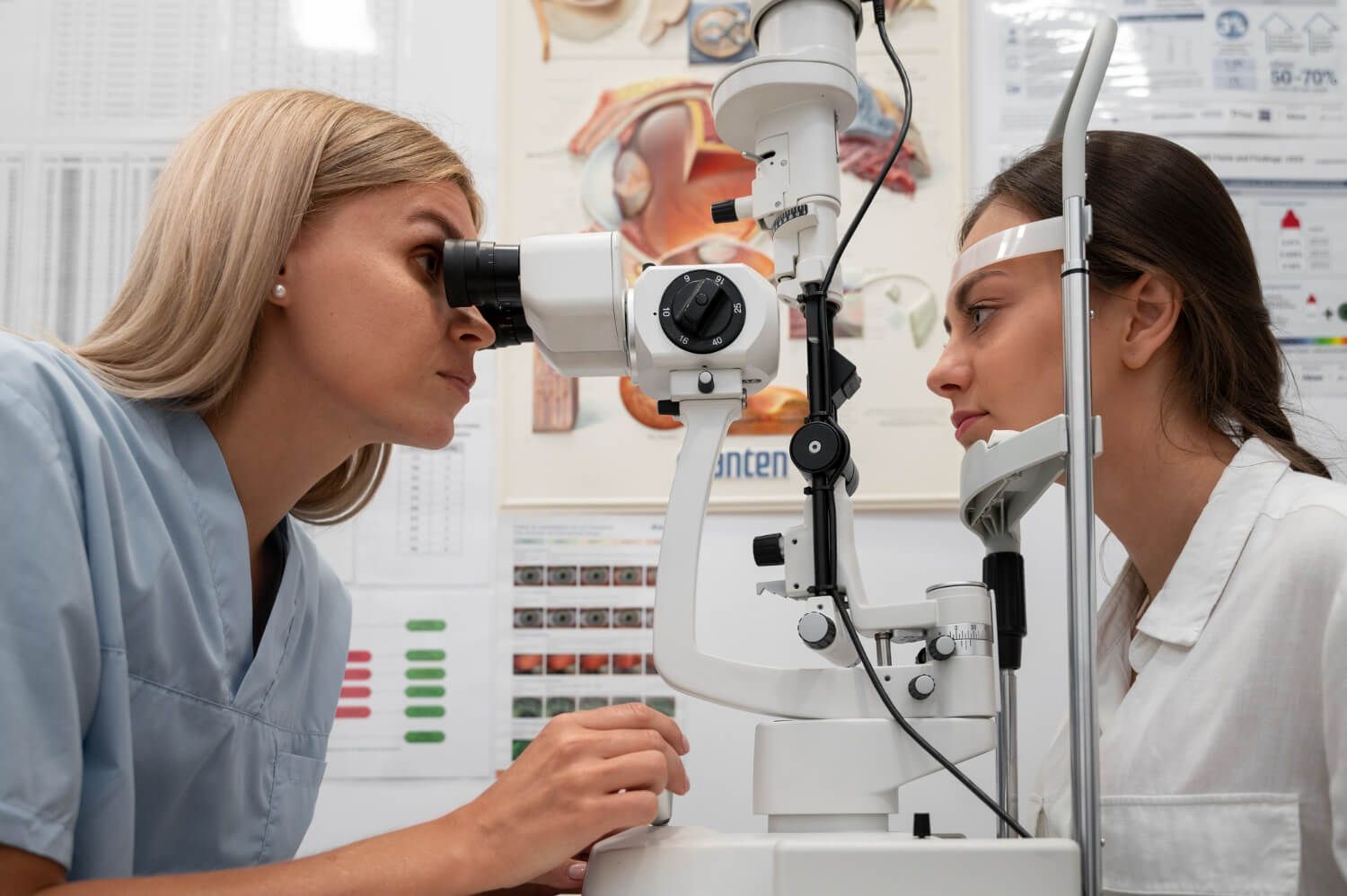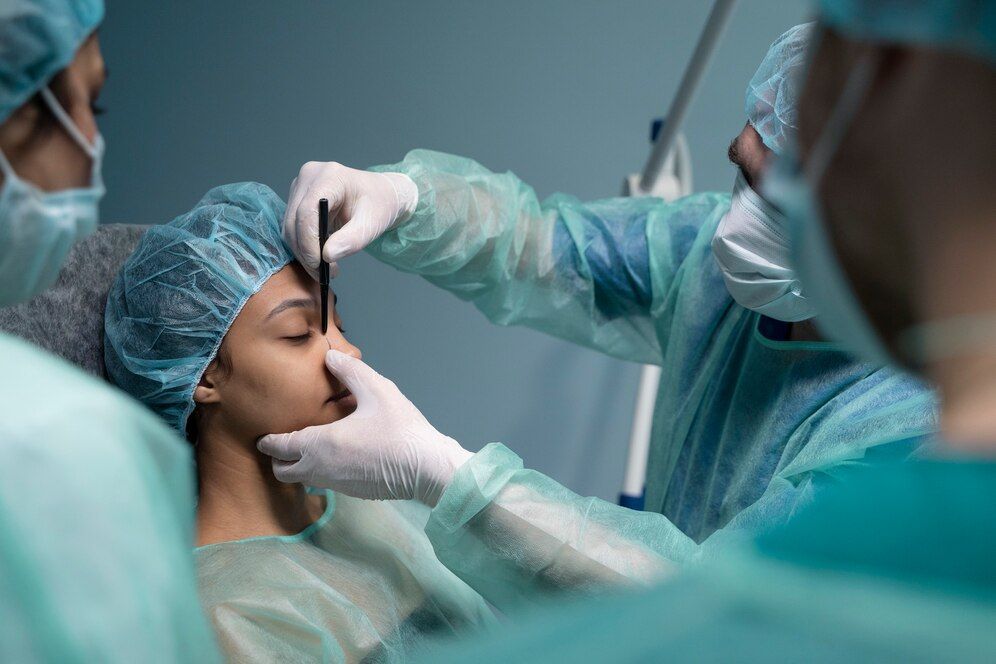What Age Do You Get Cataracts
Ever wondered when cataracts might start affecting your vision? It's a common concern, especially as we age. Cataracts are one of those things we’ve all heard about, but understanding when they typically show up and what you can do about them is key to keeping your eyes healthy. Whether you’re in your 40s, 60s, or just thinking ahead, knowing what to expect with cataracts can help you take proactive steps to protect your vision. So, let’s dive into the details of what cataracts are, when they usually develop, and how to manage them if they start to affect you.
Cataracts Explained:
So, what exactly are cataracts? Picture this: the lens of your eye is like a clear window. Over time, this "window" can get cloudy, making your vision blurry or foggy. This cloudiness is what we call a cataract. It can make things like reading, driving at night, or even recognizing faces more difficult. The good news? Cataracts are treatable with surgery.
When Do Cataracts Typically Develop?
Now, back to that burning question: "When do cataracts usually show up?" Most people start to develop cataracts around age 40, but you might not notice any changes until you’re in your 60s or 70s. Think of it as a slow process—cataracts don’t just pop up overnight.
But here’s the thing: everyone’s different. Some people might start to notice cataracts earlier, especially if they have certain risk factors. For example, if cataracts run in your family, if you have diabetes, or if you’ve spent a lot of time in the sun without UV protection, you might see them sooner.
Early-Onset Cataracts
While cataracts are usually something we think of as an older adult issue, younger folks can get them too. Early-onset cataracts can happen to people in their 40s or even earlier if they’ve had an eye injury, taken certain medications like steroids, or been exposed to radiation. And although it’s rare, some babies are born with cataracts, which are known as congenital cataracts.
Symptoms to Watch For
So how do you know if you might have cataracts? Here are a few signs to keep an eye out for:
- Blurry or cloudy vision: It might feel like you’re looking through a foggy window.
- Sensitivity to light: Bright lights might seem too bright, or you might notice halos around them.
- Trouble seeing at night: Headlights from cars might seem extra glaring.
- Faded or yellowish colors: Colors might not look as vibrant as they used to.
- Frequent changes in your glasses or contacts prescription: If your prescription keeps changing, it might be due to cataracts.
How to Protect Your Vision
Even though cataracts are pretty common as we age, there are some things you can do to protect your eyes and keep cataracts at bay:
- Wear sunglasses: UV rays from the sun can speed up cataract development, so grab those shades when you’re outside.
- Eat a healthy diet: Foods packed with antioxidants—like leafy greens, berries, and nuts—are great for your eyes.
- Quit smoking: Smoking increases your risk of cataracts, so quitting can really help your eye health.
- Manage health conditions: If you have diabetes or other health issues, keeping them under control can help protect your eyes.
- Regular eye exams: Make sure you’re getting your eyes checked regularly, especially as you get older. Catching cataracts early means you can manage them better.
Ready to Take Care of Your Eyes?
If you’re noticing any of these symptoms or just want to keep your eyes in the best shape possible, it’s a great idea to schedule an eye exam. Cataracts are easy to spot during a routine check-up, and your eye doctor can help you figure out the best plan moving forward.
At Hill Country Eye Center, we’re here to help you keep your vision clear and your eyes healthy. Whether you’re starting to notice cataracts or just want to make sure your eyes are in tip-top shape, our team is ready to support you. Give us a call or stop by—we’d love to help you keep seeing the world clearly!
